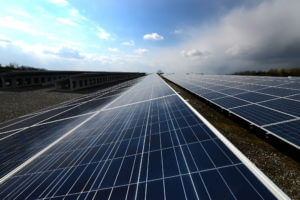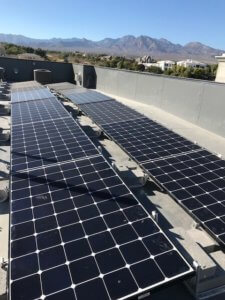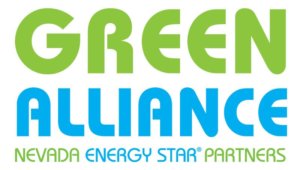
Is Commercial Solar Worth the Investment?
For business owners, making smart financial decisions is critical, especially when it comes to managing operational costs and planning for long-term growth. One investment that has gained significant attention in recent years is commercial solar energy. With the promise of lower energy bills, tax incentives, and environmental benefits, many businesses are considering solar power. But is commercial solar truly worth the investment? Let’s explore the key factors to help you make an informed decision.
Financial Benefits of Commercial Solar
1. Reduced Energy Costs
One of the most compelling reasons businesses adopt solar is the potential for substantial energy savings. By generating your own electricity, you can reduce or even eliminate your dependence on the grid. Given that energy costs are a significant and often volatile expense for businesses, solar power provides a predictable and stable energy source that can improve your bottom line.
2. Tax Incentives and Rebates
Governments and local authorities offer generous incentives to encourage businesses to go solar. In the United States, the federal Investment Tax Credit (ITC) allows businesses to deduct a significant percentage of their solar installation costs from federal taxes. Additionally, states and utility companies often provide rebates and incentives, further lowering the upfront cost of installation. These benefits can significantly improve the return on investment (ROI) for commercial solar systems.
3. Long-Term ROI
While the initial investment in solar panels and installation can be substantial, the long-term savings often outweigh the costs. Most commercial solar systems pay for themselves within 5-10 years and continue to generate free electricity for 25-30 years. This translates to decades of reduced operational costs and increased profitability.
Environmental and Brand Benefits
1. Sustainability and Corporate Responsibility
Investing in solar power allows businesses to reduce their carbon footprint and support global sustainability goals. This is particularly important in today’s environmentally conscious marketplace, where consumers and investors increasingly prioritize companies with green initiatives.
2. Improved Brand Image
Switching to solar can enhance your business’s reputation. Customers and clients are more likely to support businesses that demonstrate a commitment to renewable energy and environmental stewardship. Solar power can be a powerful branding tool, helping you stand out in a competitive market.
Challenges and Considerations
1. High Upfront Costs
The initial cost of installing a commercial solar system can be significant, ranging from tens of thousands to millions of dollars, depending on the size of your business and energy needs. While incentives and financing options can mitigate these costs, businesses must carefully assess their financial readiness.
2. Space Requirements
Solar panels require adequate space, either on rooftops or ground-mounted installations. Businesses with limited roof space or shaded properties may face challenges in implementing a solar solution that meets their energy needs.
3. Energy Storage and Grid Dependency
Solar panels produce energy only during daylight hours, which may not align with your business’s peak energy usage. Adding battery storage can address this issue but at an additional cost. Without storage, businesses may still rely on the grid during non-sunny periods.
4. Maintenance and Lifespan
Although solar panels require minimal maintenance, inverters and batteries may need periodic replacement. Businesses should account for these costs in their financial analysis.
Who Should Invest in Commercial Solar?
Commercial solar is particularly beneficial for businesses that:
- Have high energy consumption, such as manufacturers, warehouses, and office complexes.
- Operate in sunny regions where solar power is most efficient.
- Own their property, as leasing arrangements can complicate solar installations.
- Are financially stable and able to invest in a long-term solution.
For businesses meeting these criteria, solar power offers a combination of financial, environmental, and branding benefits that can outweigh the challenges.
Conclusion
So, is commercial solar worth the investment? For many businesses, the answer is a resounding yes. The long-term energy savings, tax incentives, and sustainability advantages make solar a smart choice for reducing operational costs and enhancing brand value. However, it’s essential to evaluate your business’s specific energy needs, location, and financial situation before making the leap.
By partnering with a reputable solar provider, you can design a system tailored to your needs and ensure a smooth transition to renewable energy. With careful planning, commercial solar can be one of the most impactful investments your business makes for its financial health and the environment.

 Previous Post
Previous Post Next Post
Next Post





